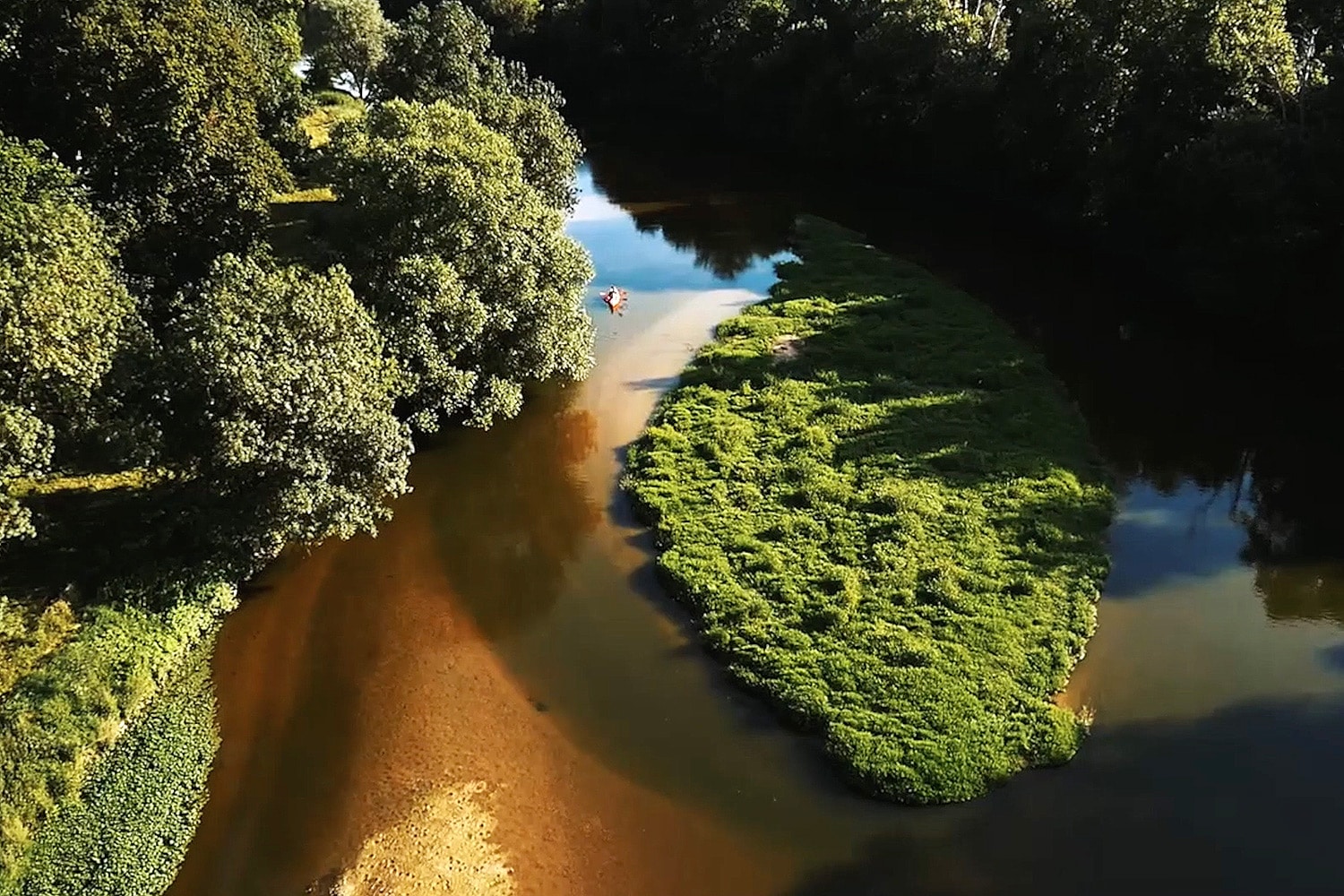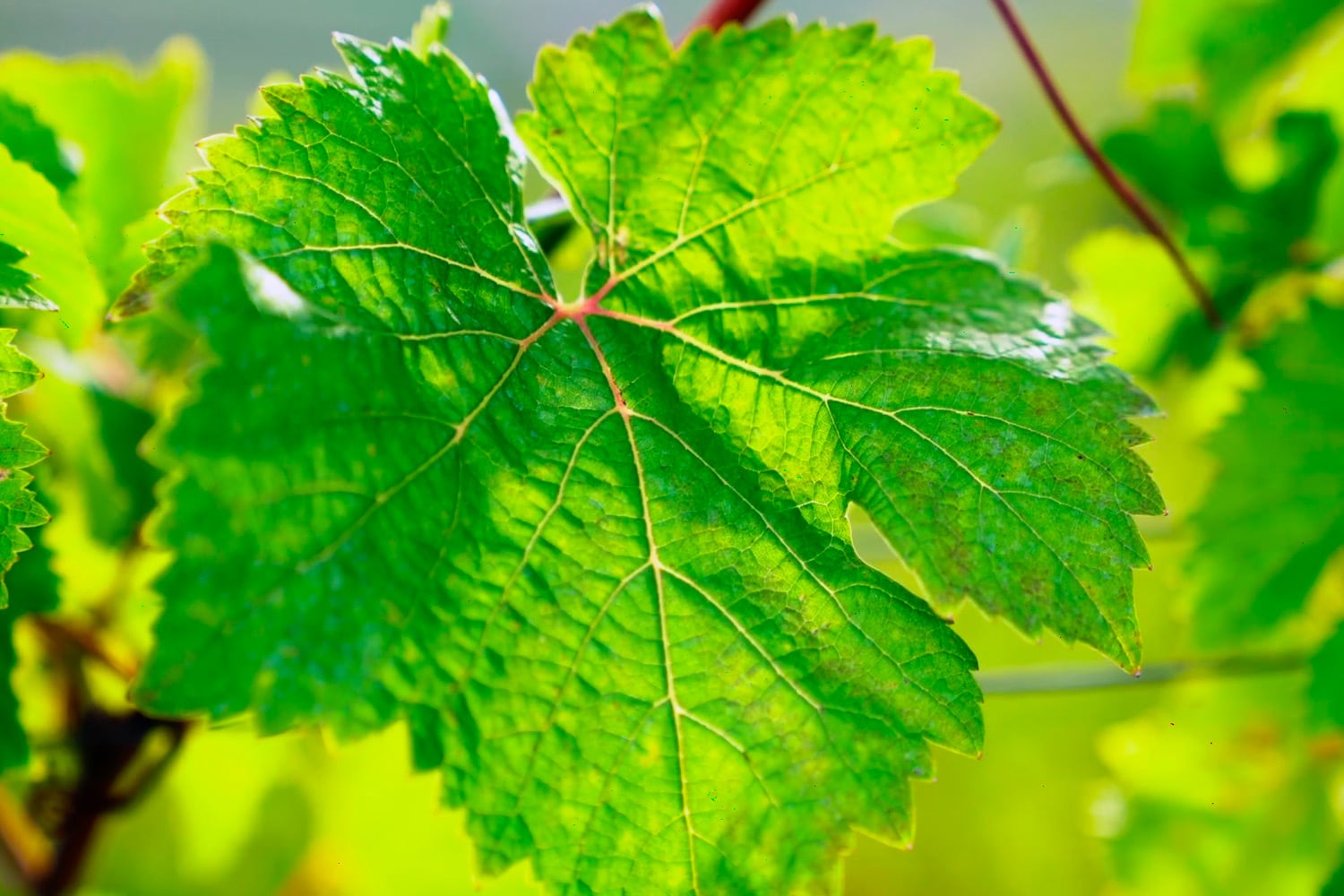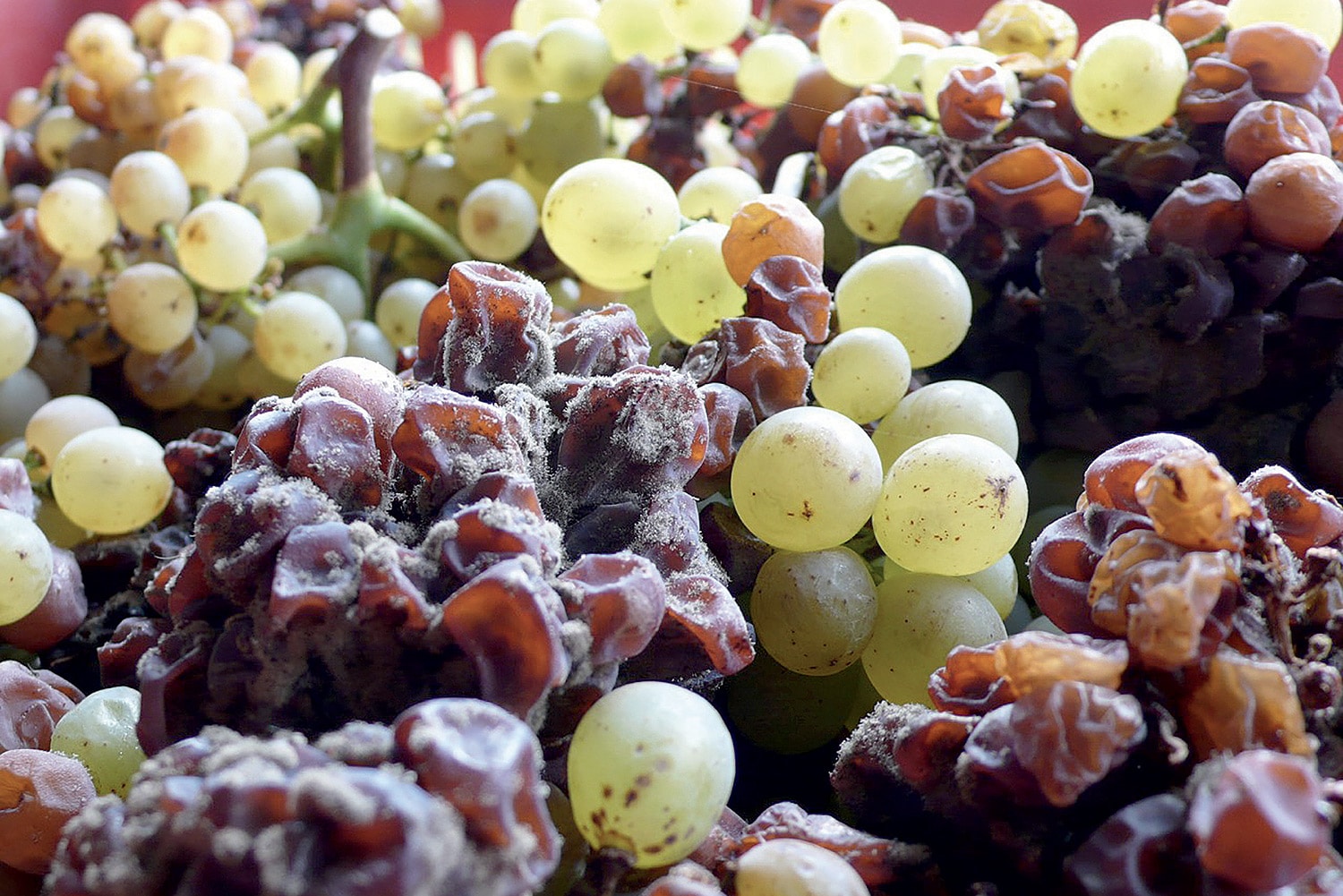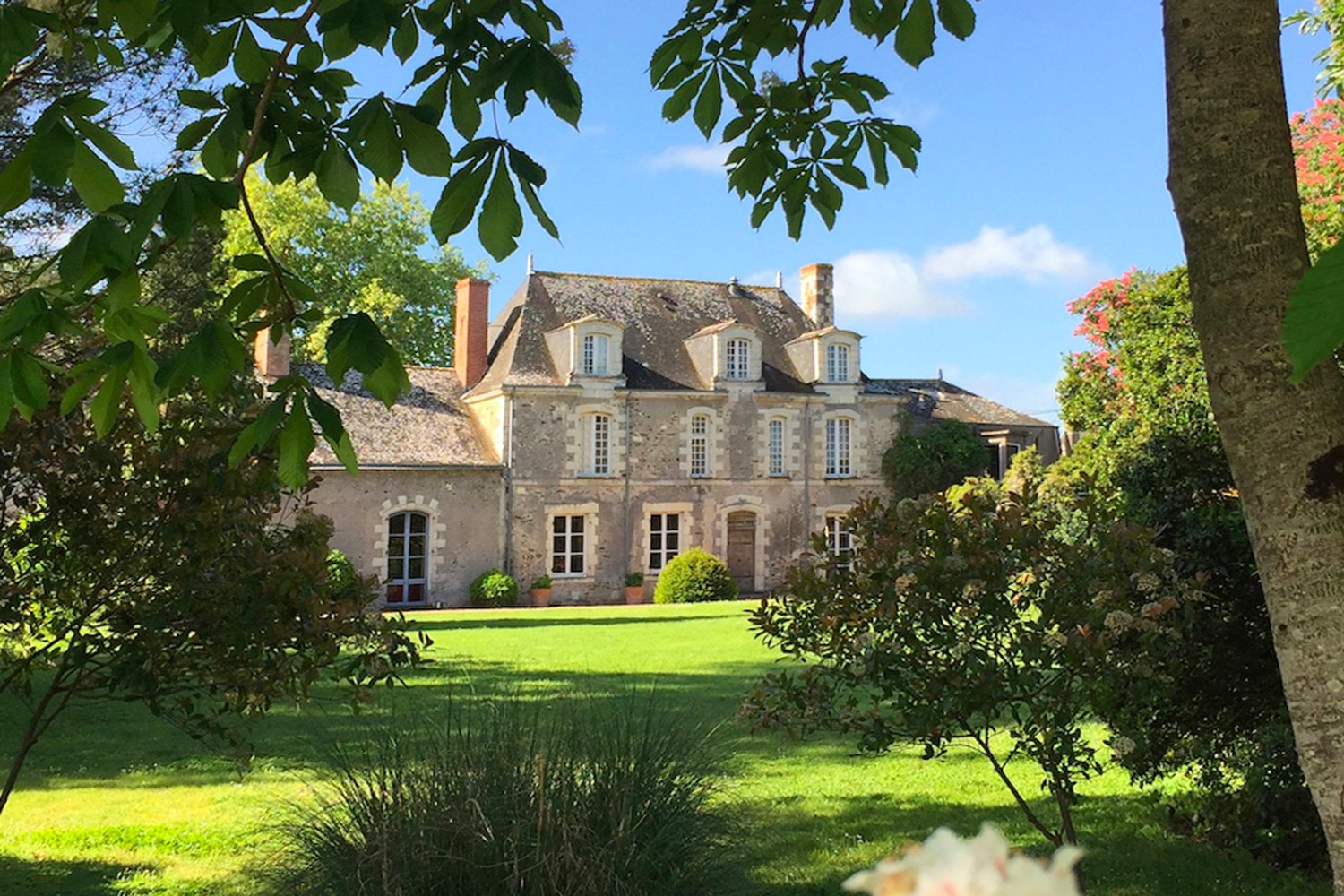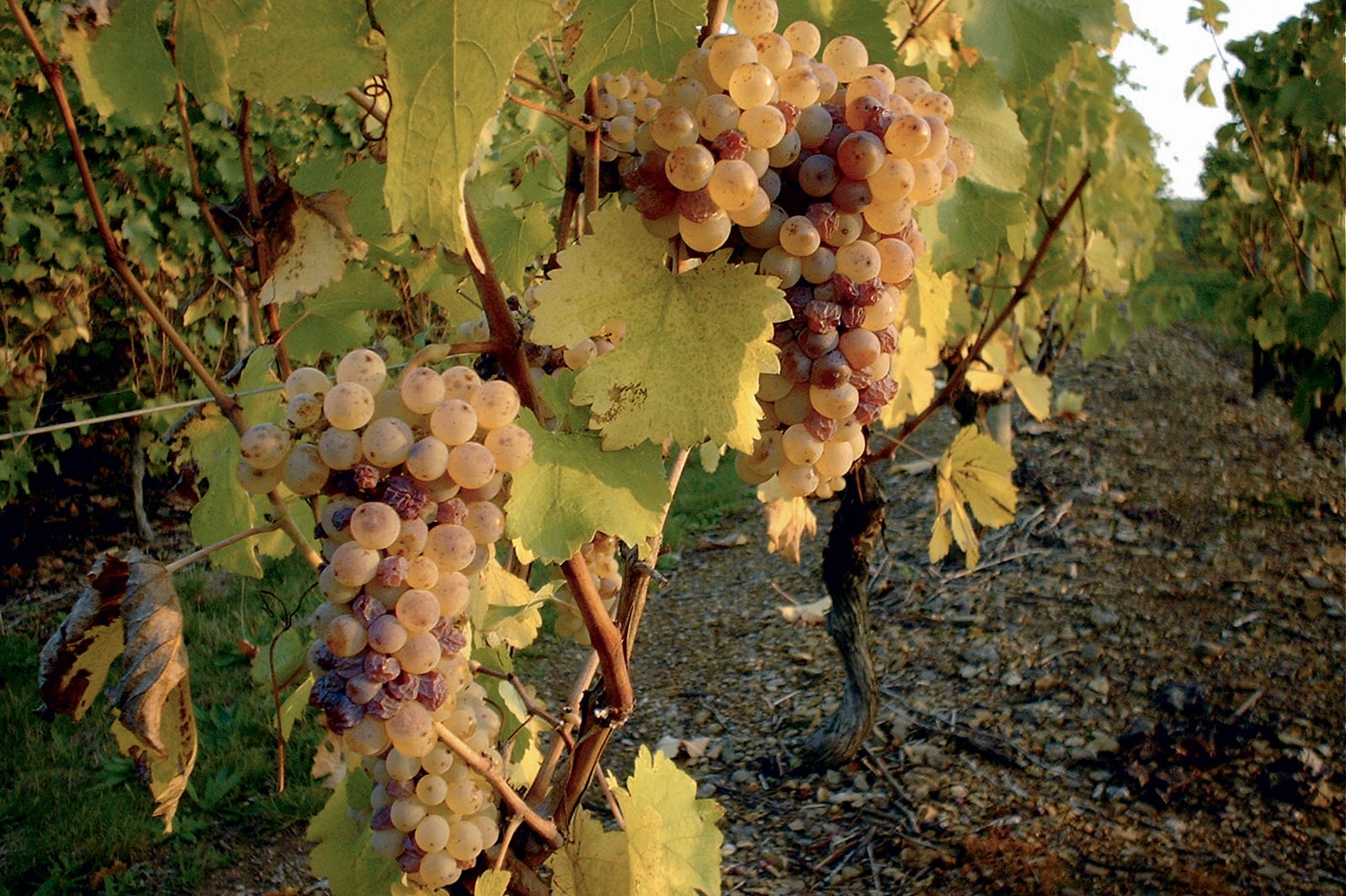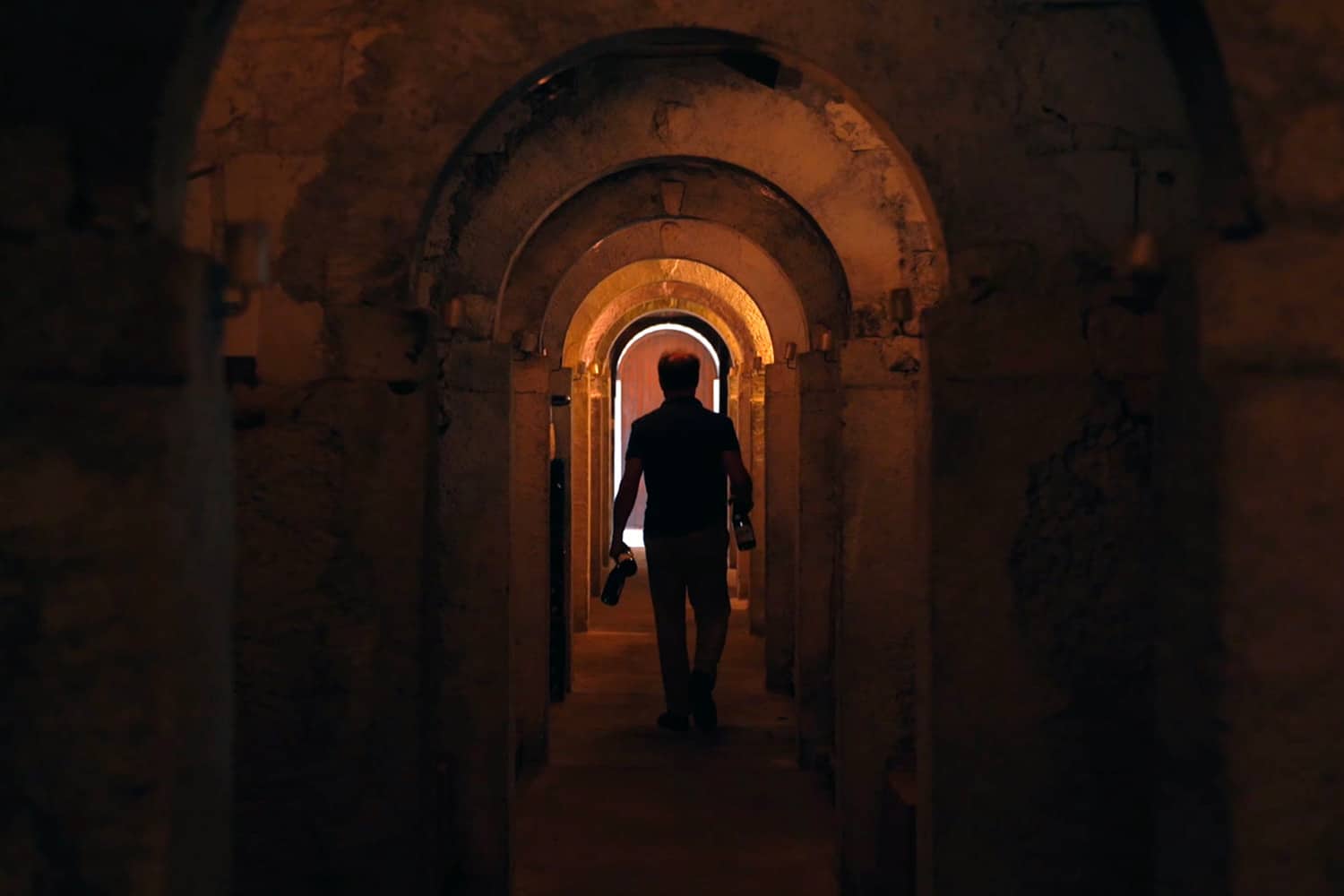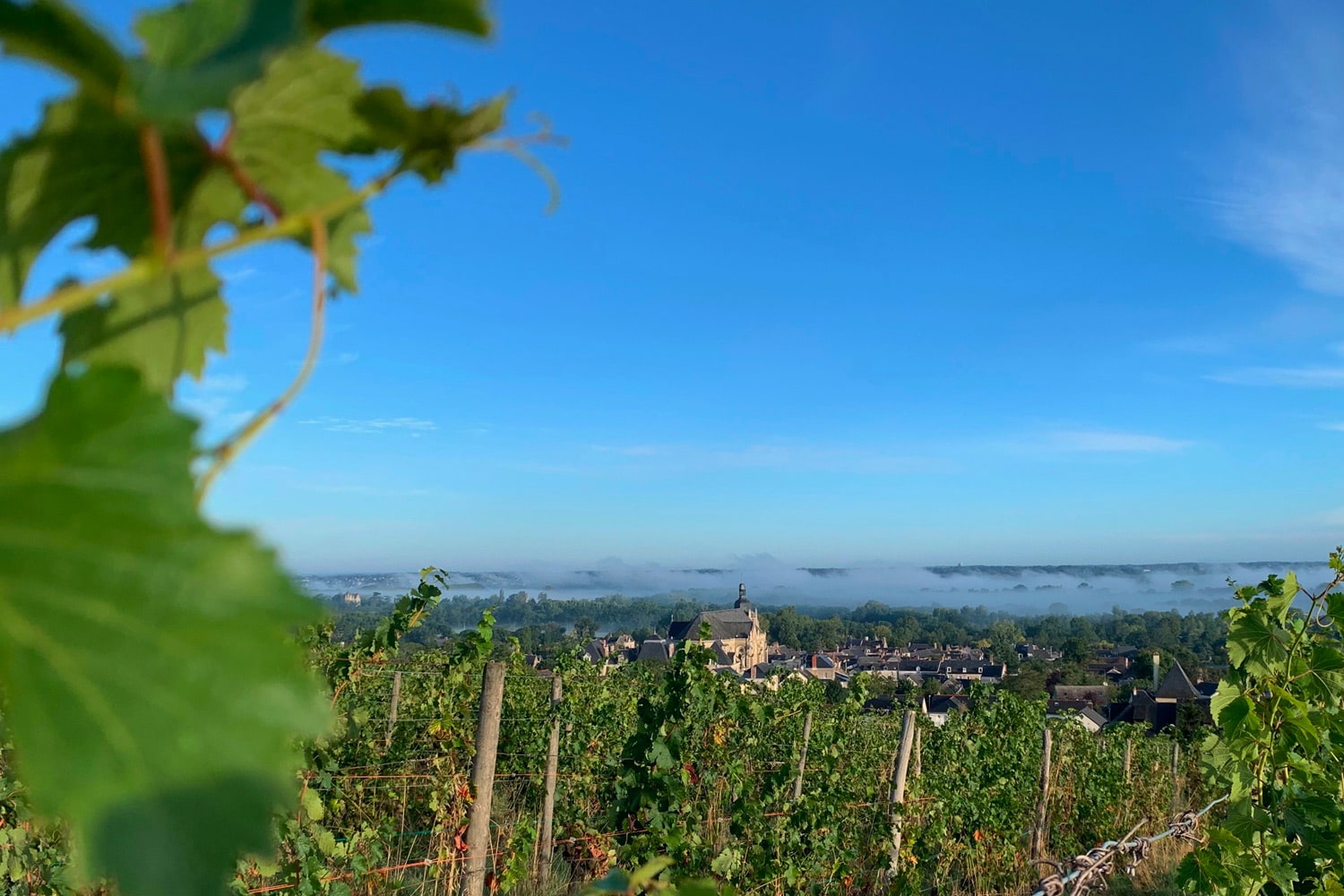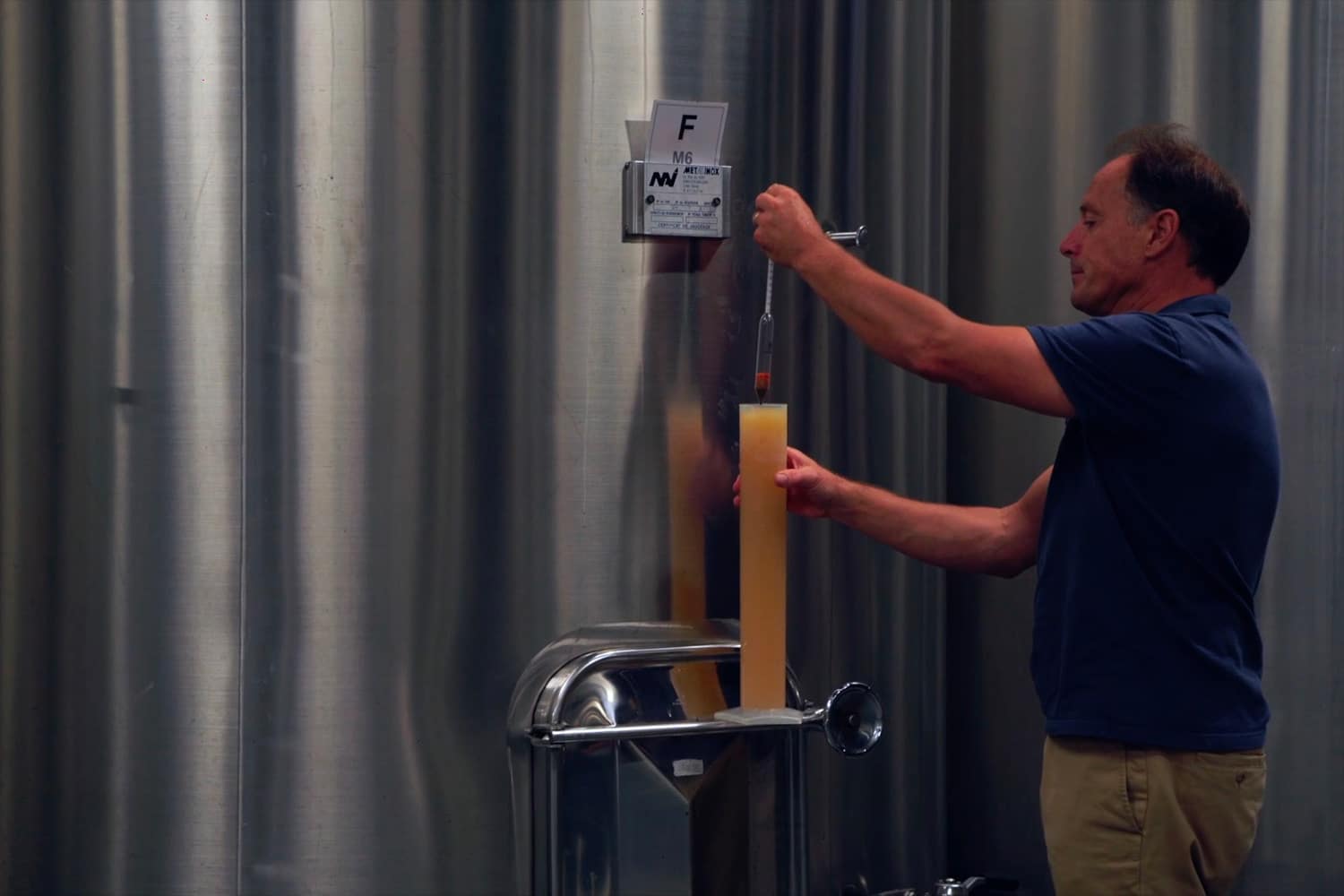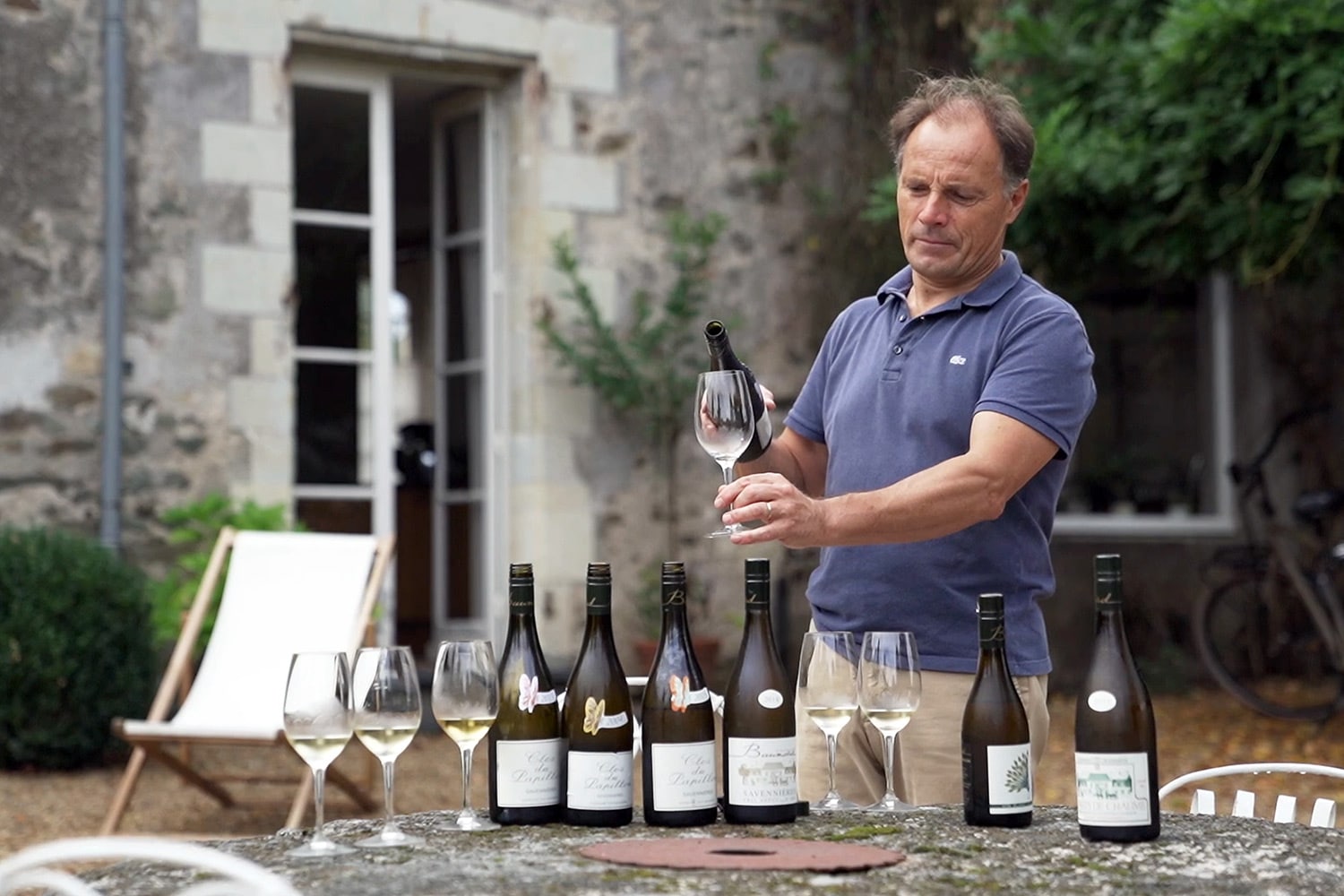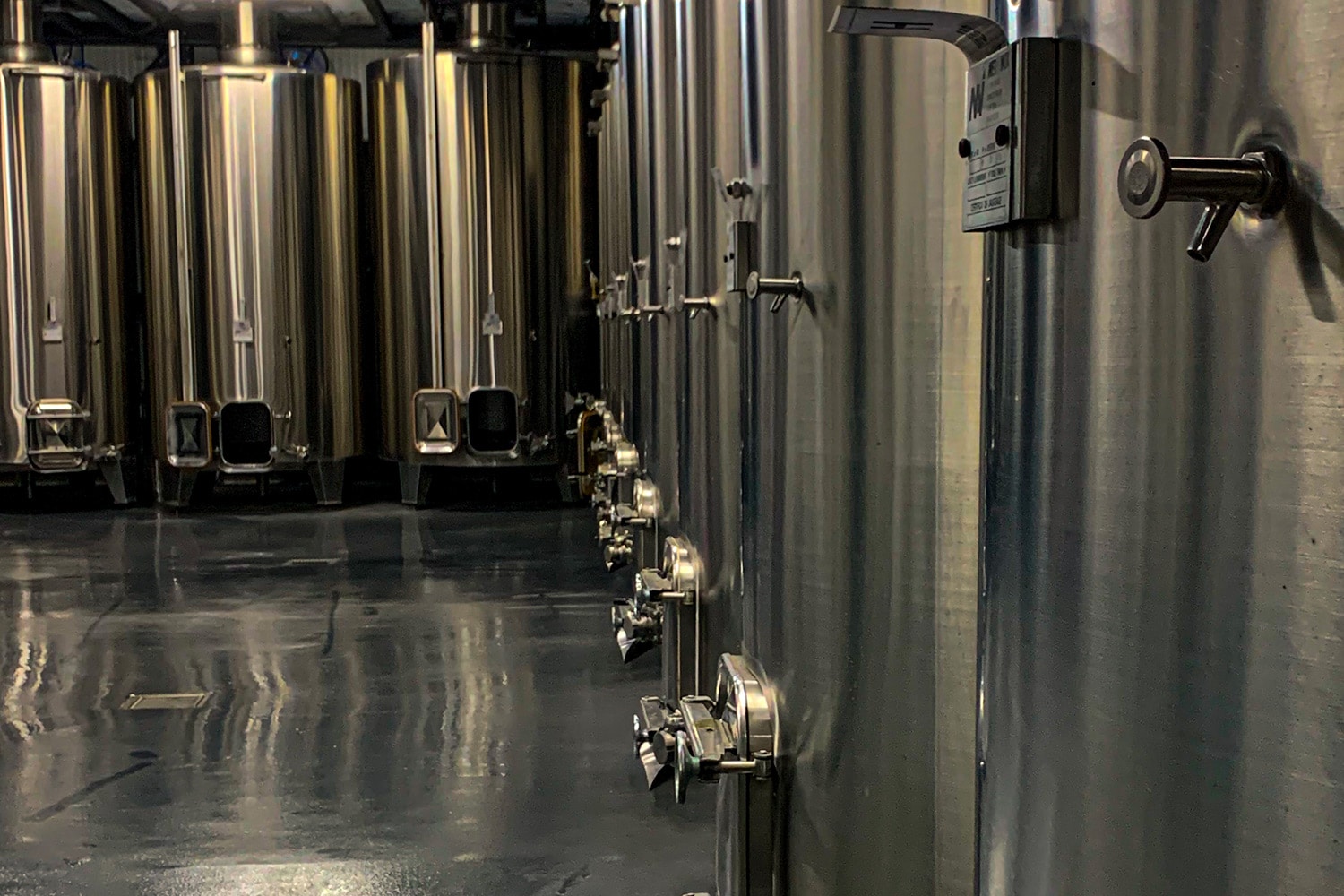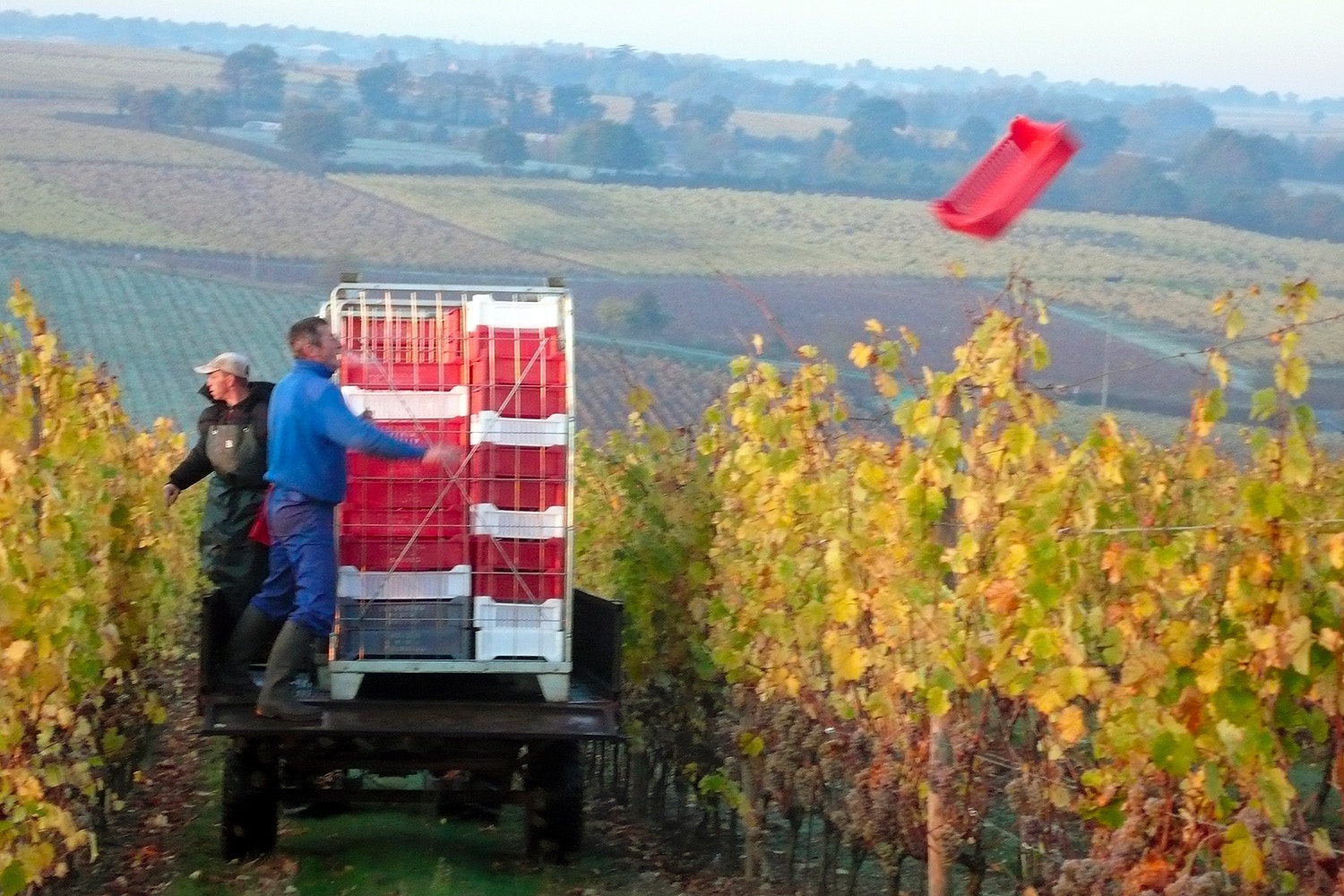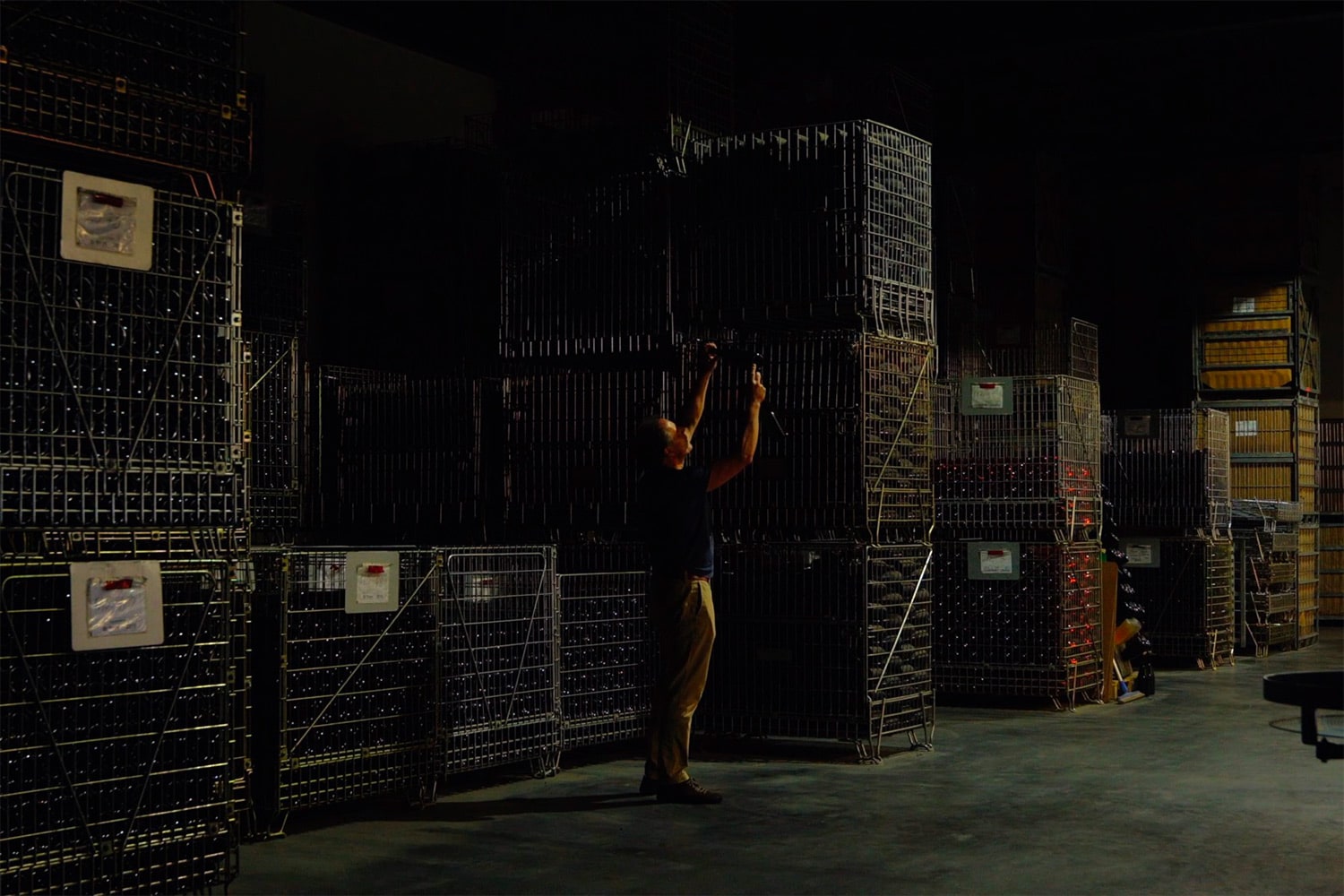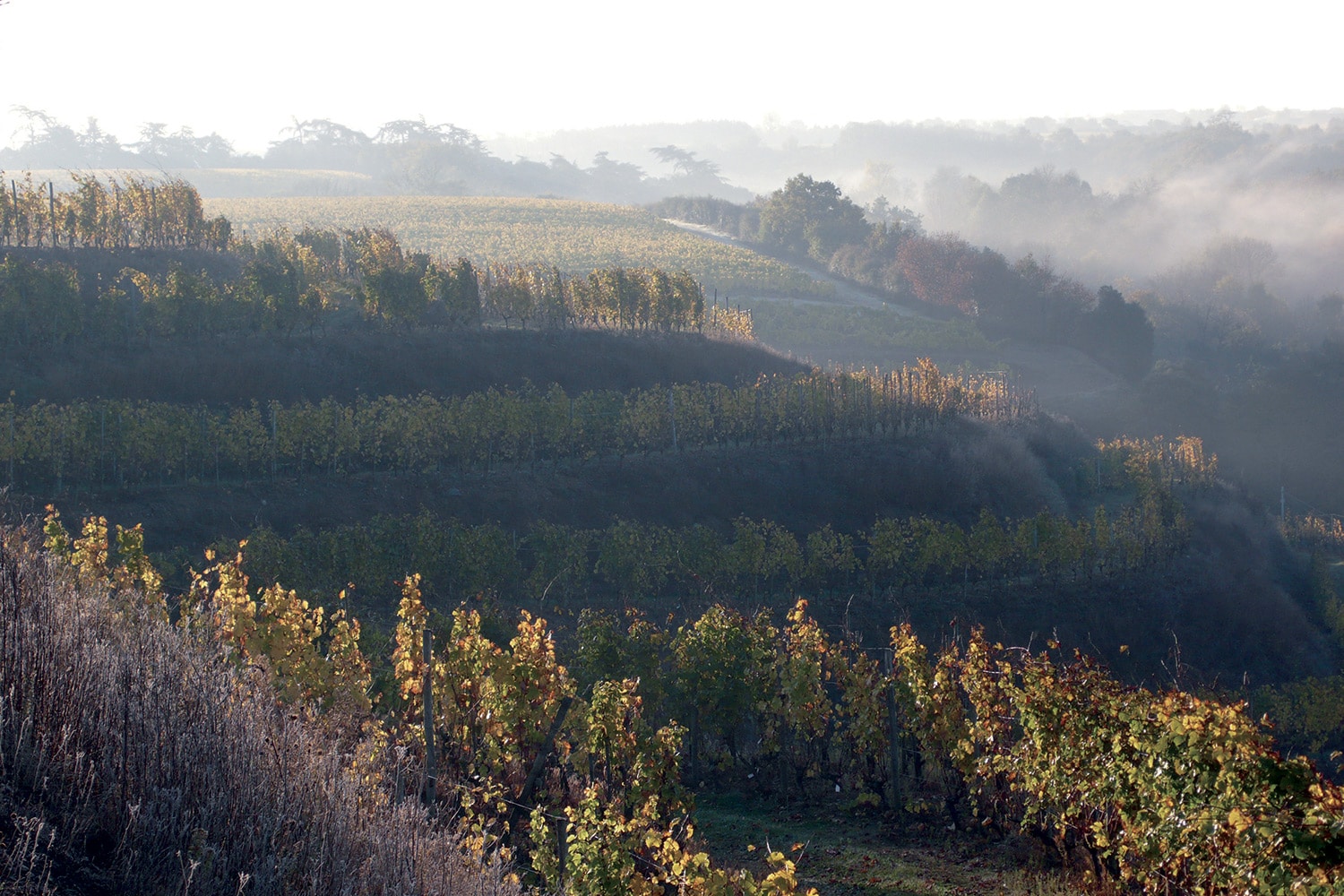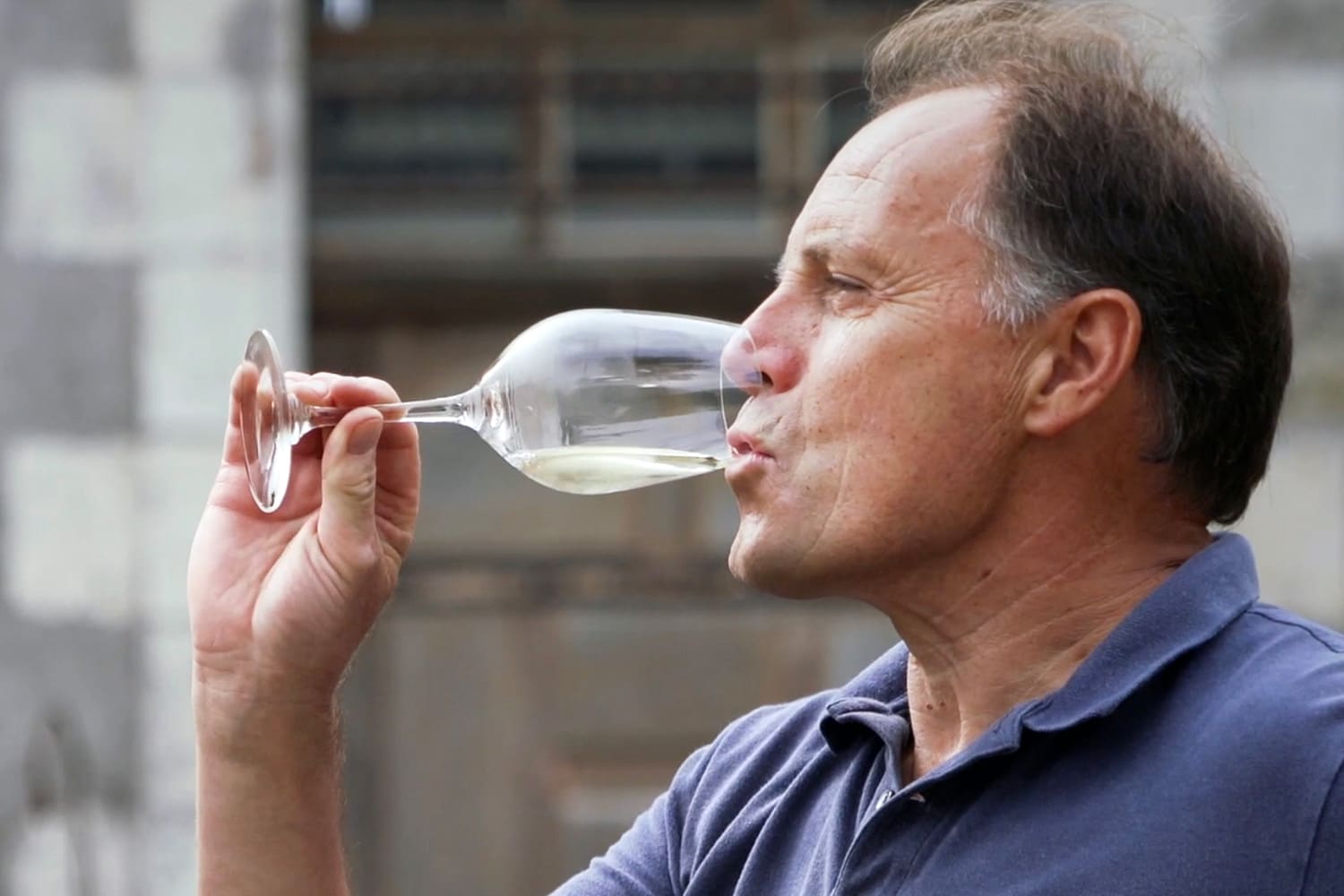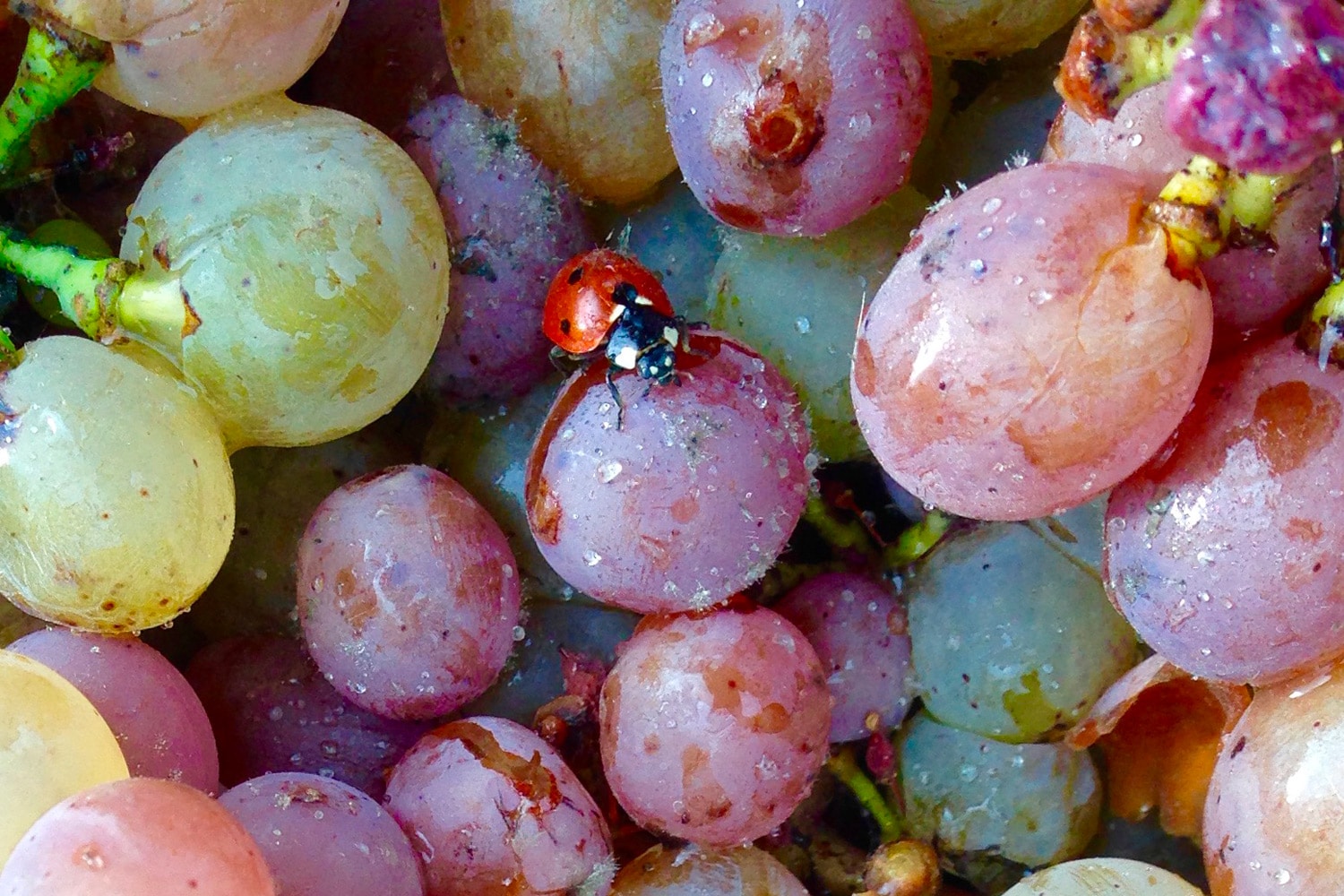
Since 1634...
Our Story
It is from Florent BAUMARD's grandmother's side of the family that the present vineyard is linked to the past centuries. As early as 1634, in Rochefort, his ancestors were already cultivating vines; plots of land that are still on the property.
When the vineyard was reconstituted after phylloxera, they became grafted vine nurserymen. This secondary activity continued until the arrival of Jean BAUMARD in 1955.
A graduate in science, he was the real founder of the present wine estate. After training as an oenologist in Dijon and Bordeaux, he began to expand the vineyard by acquiring vineyards in the prestigious appellations of Anjou. In 1957, he bought six hectares in the Quarts de Chaume, then in 1968, he regrouped some fifteen hectares in Savennières.
He thus became the first winemaker in Anjou to cultivate vines on both banks of the Loire.
In the meantime, he was a professor of viticulture and oenology at the École Supérieure d'Agriculture et de Viticulture in Angers from 1955 to 1970. He was elected by his peers to the presidency of the Fédération Viticole de l'Anjou from 1971 to 1976 and in 1974 he revived the Union des Syndicats d'AOC du Val de Loire. Gradually retiring from business since 1990, he created a very popular oenology course.
Florent BAUMARD returned to the family business in 1987. After completing his secondary education in literature, enriched by two years spent in England and the United States, he obtained a higher technician diploma in viticulture and oenology. Expression of the terroir and technical mastery remain the watchwords of the estate. The result is elegant wines with an explosion of aromas, a very homogeneous range.
The fruit in its purity
Pick the best grapes and put them in the bottle
If the grapes are pressed too quickly or too hard, the intrinsic qualities of the fruit are lost. Picking and pressing are essential steps in the making of our wines. History, vineyard management, wine making, values and convictions, discover the Domaine des Baumard.
Vineyard management
- Alternating tillage and grassing.
- Tall and wide vines (VHL).
- Respect for natural balances and prophylaxis.
- Mastery of applications.
- Effluent management.
Current viticultural practices in France prescribe :
- High vine density = better quality fruit = better quality wine.
- Fewer leaves = less vigour = more energy diverted to improve fruit quality.
While this is true in some cases, there are other factors that, when added together, have a greater impact on overall grape quality than planting density alone.
The vineyard management, as we have chosen it, provides us with a modular system that allows us to adapt to annual and multi-annual climatic variations. At the same time, we limit the impact of our work on the environment.
The VHL management method allows for a "large exposed leaf area" for better ripening of the grapes, improves the structure of the soil and restores a superior biological and agronomic potential, the purpose of which is to maintain the terroir.
This spacing (3m wide x 2m high) is more commonly seen in other parts of the world, but rarely in France.
The grapes are harvested by hand in shallow boxes.
The Savennières, Coteaux du Layon and Quarts de Chaume are subject to successive selection. The bunches are then quickly transported to the press in order to preserve the physical qualities of the grapes.
Harvesting and winemaking
There are many ways to make white wine, the method we have chosen corresponds to the style of wine we are trying to produce.
Fine, elegant, digestible wines, suitable for ageing.
After the work of selecting the grapes in the vineyard, what seems most important to us is the art of pressing.
Our pickers are trained to select the best bunches at harvest time, but Chenin Blanc ripens unevenly, and on the same bunch there are often grapes of different maturity.
We then rely on science and physics to perfect manual selection.
The aim is to press the grapes without extracting too much tannin and to eliminate any vegetal or earthy matter from the final juice.
Only a delicate and fractioned pressing allows the juice of the ripest grapes to be extracted and separated from the juice of the less ripe berries, which have a firmer skin and flesh.
At no point in our winemaking process (fermentation, aging) does the grape juice, or the finished wine, come into contact with wood or other inputs.
We believe that the true expression of Chenin Blanc comes from the pure grape juice, without external factors affecting the taste of the wine and its origin.
The fruit in its purity.
Values and beliefs
Our main objective is to produce unique and high quality wines. We strive to do this with respect to :
- The environment - both in our daily lives and for future generations.
- People - both our employees and our customers.
- From the Terroir Angevin - with its rich history and traditions as a wine region.
- The vintage - and its meteorological specificities.
The Logis de la Giraudière
In the heart of the Loire Valley, 20 kilometres southwest of Angers, we welcome you to the Logis de la Giraudière, a family estate and manor house dating from the end of the 18th century, where you can discover the property and taste our wines.
Please contact us to organise your visit!
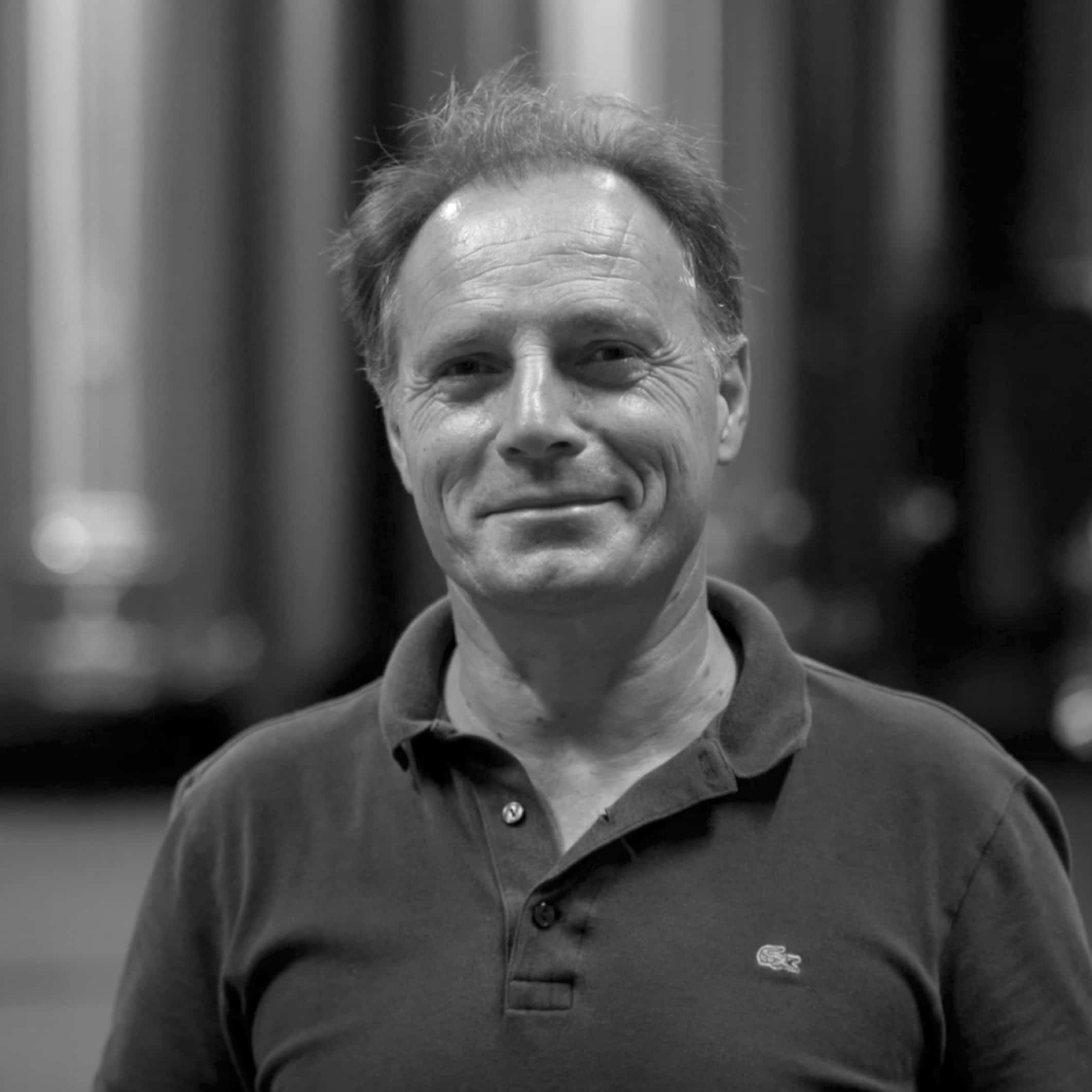
Florent Baumard
Florent Baumard irritates conservatives of all stripes, and particularly the champions of political correctness in viticulture and winemaking, from the gentle fools of good and beneficial nature to the great manipulators of (authentic) wine, an expression as stupid, you will admit, as that of (authentic) music or painting! His fault is to believe in progress, in science (but with a conscience), and to make wines in his own image, impeccable, well-mannered, in short not rebellious and good company. This does not preclude audacity. Mozart is much more revolutionary than Presley.
Bettane & Desseauve - le Monde 2

